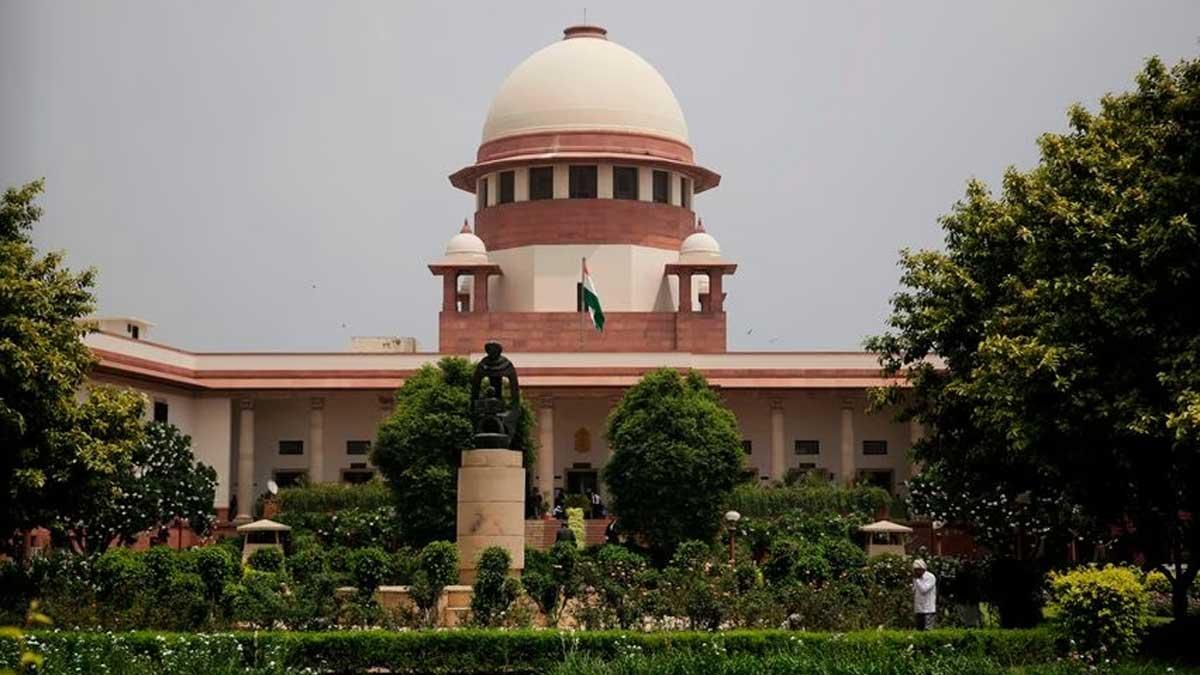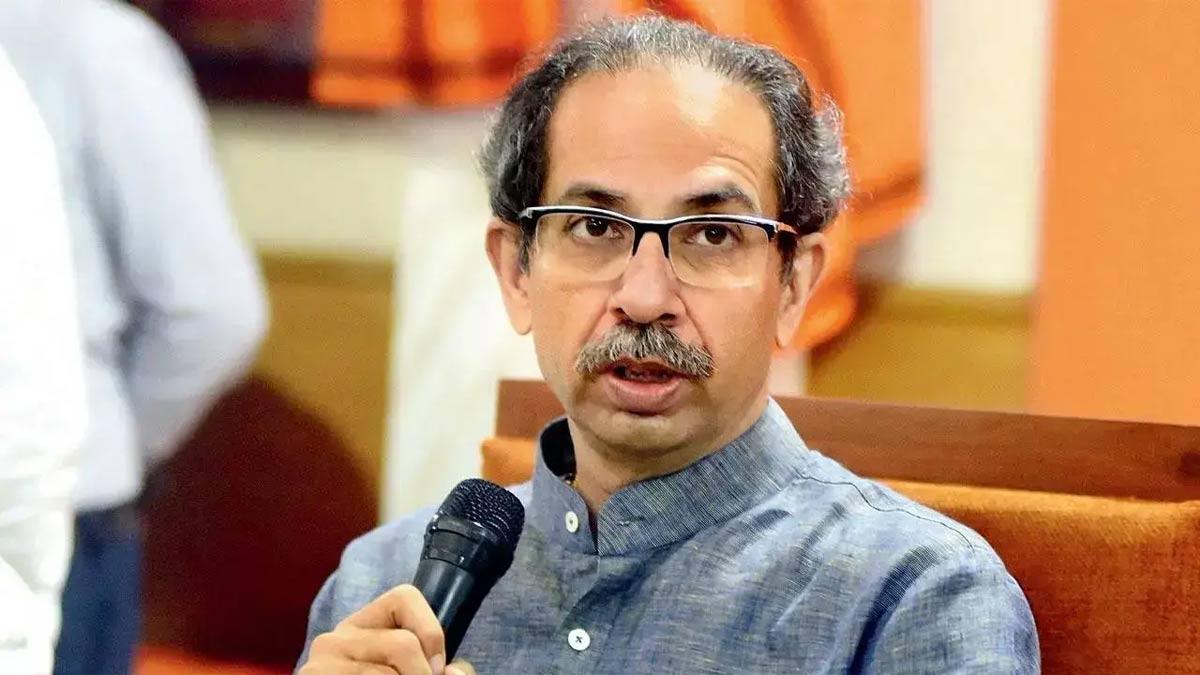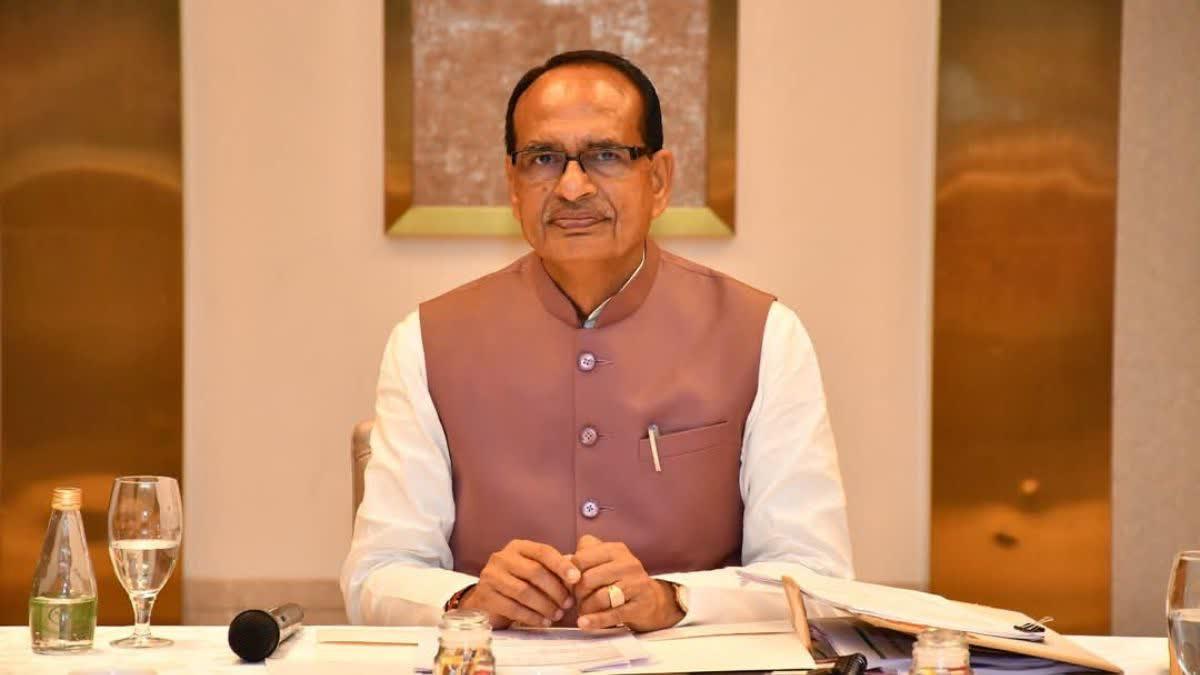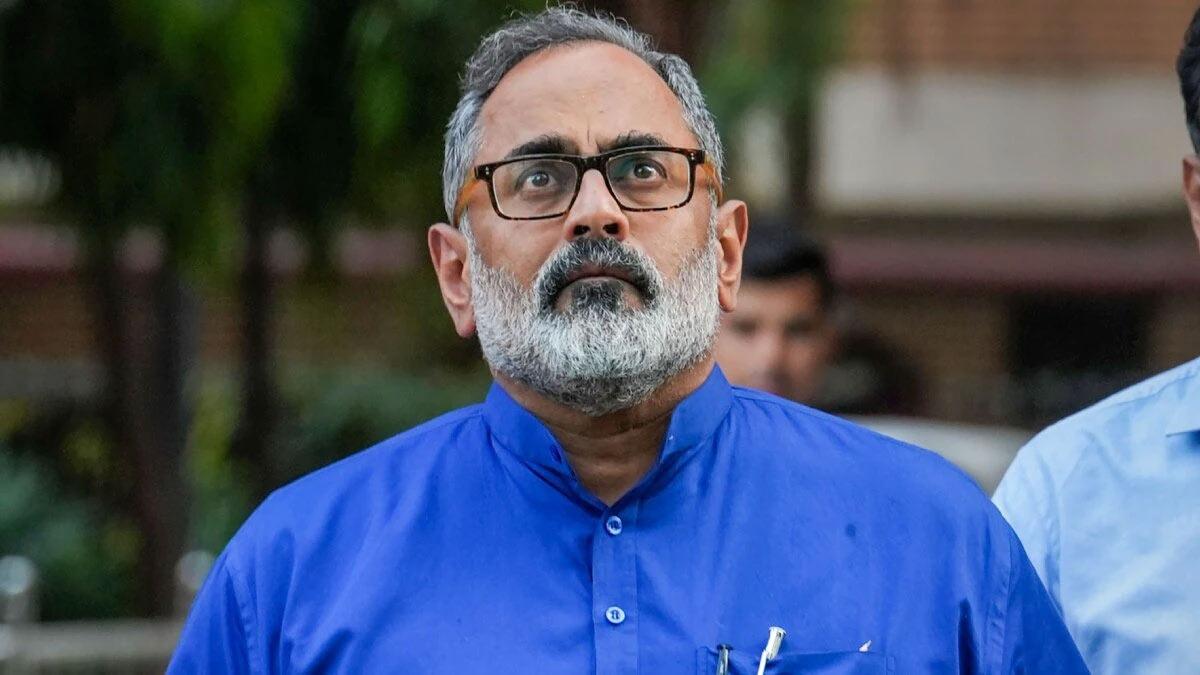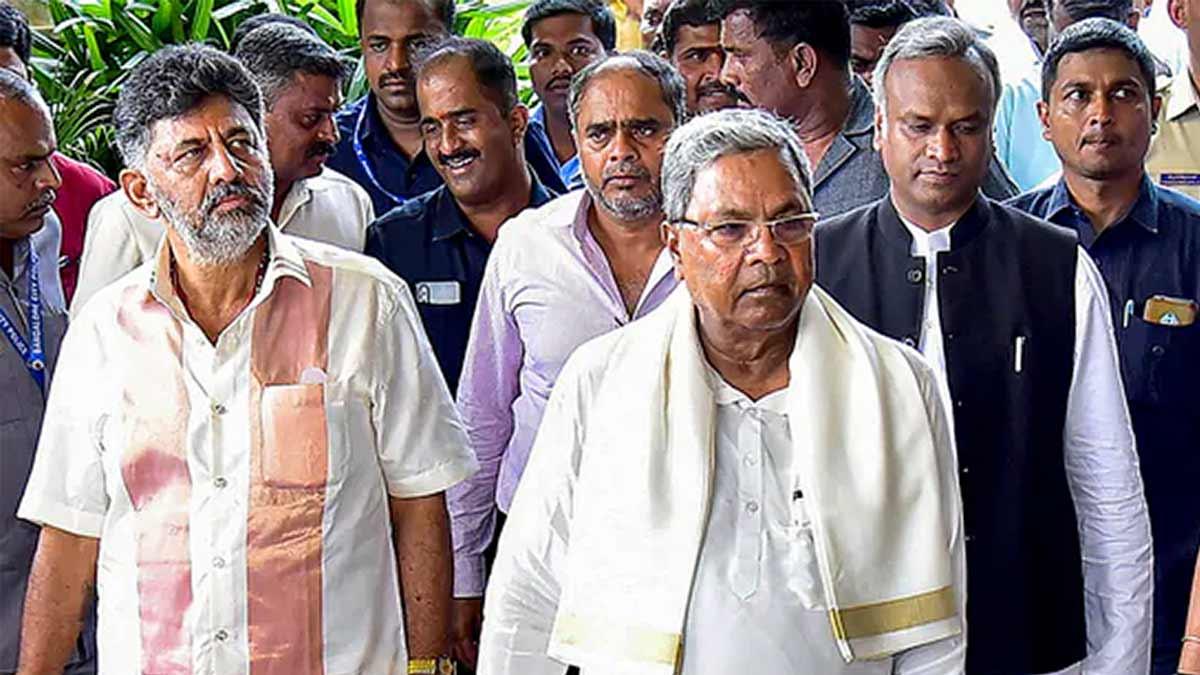The recent appointments to the Election Commission of India have been vigorously defended by the Centre, particularly in light of the legislation that excludes the Chief Justice of India from the selection process. According to the government, the independence of the electoral body isn't contingent upon the presence of a judicial member in the selection committee.
In a preliminary affidavit submitted to the Supreme Court in response to pleas seeking to halt the filling of vacancies in the Election Commission, the Union government highlighted the historical context. It noted that prior to the enactment of the Chief Election Commissioner and the other Election Commissioners (Appointment, Condition of Service and Term of Office) Act, 2023, which spanned 73 years from 1950 to 2023, the executive had the sole authority in appointing Election Commissioners.
The affidavit emphasized that even during the period of executive discretion in appointments, the Election Commission of India maintained its neutrality and effectiveness.
Regarding the recent legislation, the affidavit underscored that the process outlined by Parliament for appointing the Chief Election Commissioner and Election Commissioners, based on recommendations from a Selection Committee comprising the Prime Minister, the Leader of the Opposition (or the largest opposition party) in the Lok Sabha, and a Union Cabinet Minister nominated by the Prime Minister, represents a significant improvement. This process aligns more closely with democratic principles and the spirit of a constitutional bench's verdict from March 2023.
The affidavit also addressed the Supreme Court's previous judgment, which prescribed a temporary arrangement wherein the President would make appointments based on the advice of a panel consisting of the Prime Minister, the Leader of the Opposition (or the largest party in the Lok Sabha), and the Chief Justice of India, until Parliament established a permanent procedure.
Regarding concerns raised about potential "legislative overruling," the affidavit argued that when the Constitution explicitly confers the power to Parliament for such appointments and Parliament exercises this authority, there can be no question of overruling.
Responding to claims of a political controversy and challenges to the fitness of appointed candidates, the Centre stated that no evidence has been presented to demonstrate the unsuitability of the candidates for constitutional office. Furthermore, it clarified that the rescheduling of meetings preceded the filing of stay applications.
The matter is set to be heard by a bench comprising Justices Sanjiv Khanna and Dipankar Datta, as per the cause list published on the apex court's website.
Read also | Karnataka Authorities Detain Union Minister and BJP MLA Amid 'Hanuman Chalisa' Protest
Read also | Union Minister Pashupati Paras Resigns, Alleges BJP Injustice

